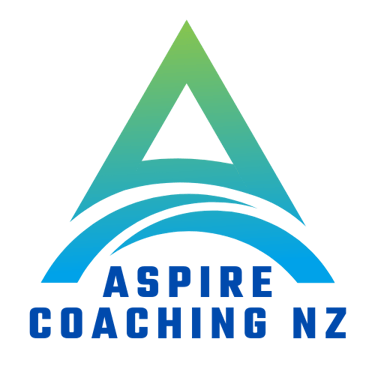Frequently Asked Questions
What is coaching, and what is it not?
The International Coach Federation (ICF) defines professional coaching as, “partnering with clients in a thought-provoking and creative process that inspires them to maximize their personal and professional potential. The process of coaching often unlocks previously untapped sources of imagination, productivity, and leadership.”
Coaching is not:
Consulting, which involves providing expert advice or solutions to specific problems. Instead, coaching trusts the client possesses the knowledge and capability to come up with their own solutions and approaches. I offer consulting specific to the facilities management industry, please refer to the Services page.
Mentoring, which involves a more experienced person sharing their knowledge and experience with a less experienced person. Coaching is focused on asking questions and helping clients find their own answers and setting their own objectives.
Therapy or counselling. Coaching is not a substitute for therapy or counseling. While coaching may touch on personal issues, it is not designed to diagnose or treat mental health conditions.
Training, which focuses on teaching specific skills or knowledge. Coaching may involve skill development, but its primary focus is on helping clients gain insight and make changes in their behavior or mindset.
A quick fix: It requires effort and commitment from the client to achieve their goals and make lasting changes.
What can I expect in a transformational coaching conversation?
You can expect to experience a deep level of personal exploration and growth.
Transformational coaching is focused on helping individuals make significant and sustainable changes in their life, which often involves challenging old beliefs and thought patterns, and developing new perspectives and ways of being. It can lead to profound personal growth and transformation.
A safe and supportive environment: Transformational coaching sessions are designed to be safe and supportive spaces for you to explore your thoughts, feelings, and beliefs. The coach will create a non-judgmental and compassionate environment to encourage open and honest communication.
Deep self-exploration: Transformational coaching encourages you to explore your deepest thoughts, beliefs, and values. This exploration helps you identify what is truly important to you and what may be holding you back from achieving you goals.
Challenging questions: Transformational coaching involves asking challenging questions to help you gain new perspectives and insights. The coach may challenge your assumptions and encourage you to look at things from different angles.
Actionable steps: Transformational coaching focuses on creating actionable steps that you can take to make positive changes in your life. The coach will work with you to create a plan that is specific, measurable, and achievable.
Accountability: Transformational coaching sessions often involve setting goals and creating action plans. The coach will hold you accountable for following through on your commitments and making progress towards your goals.
What topic should I choose to be coached on?
Coaching can be effective for any topic or goal where you seek guidance, support, and accountability to make meaningful progress and achieve positive change in your life.
A good coaching topic is one that's real and relevant for you right now. Something that's specific that you feel challenged by, or feeling stuck with, i.e. you can't seem to get past it despite how much you've thought about it.
How can I get the most out of my coaching sessions?
Set clear goals: Be intentional about what you want/need from the sessions. Before each coaching session, take some time to reflect on your goals and what you want to achieve. Share these goals with your coach at the beginning of the session to ensure you are both aligned and working towards the same outcomes.
Be open and honest: To make the most of coaching, you need to be open and honest with your coach. Share your thoughts, feelings, and concerns, and be willing to explore new ideas and perspectives.
Listen actively: Pay close attention to what your coach is saying and ask clarifying questions if needed. This will help you fully understand the advice or feedback your coach is giving and how it relates to your goals.
Take responsibility: Coaching is a partnership, and you need to take responsibility for your progress. Be willing to take action and make changes in your life based on the insights and advice you receive from your coach.
Stay accountable: Set deadlines and action steps, and hold yourself accountable for making progress towards your goals. Share your progress with your coach, and be open to feedback and adjustments as needed.
Be patient: Change takes time, and it's important to be patient and persistent in your efforts. Remember that coaching is a journey, not a quick fix, and that real growth and transformation happen gradually over time.
How will the sessions be conducted?
I deliver coaching via online video conferencing and in English only.
In person sessions may be available at a higher cost and to be determined on an as needed basis. I reserve that mostly for working with organisations.
Where is the Coach located?
I initially established Aspire Coaching NZ in Auckland, New Zealand.
I am a nomadic coach and split my time between Phnom Penh/Cambodia, Ho Chi Minh City/Vietnam, and Auckland/New Zealand throughout the year.
Where are our Clients located?
Our business' primary focus is to serve New Zealand
We also serve businesses across Southeast Asia as opportunities arise, and will eventually establish a presence there
We are open to working with clients from across the globe - Europe, Africa, Asia, Australia and New Zealand. The only dependency being
